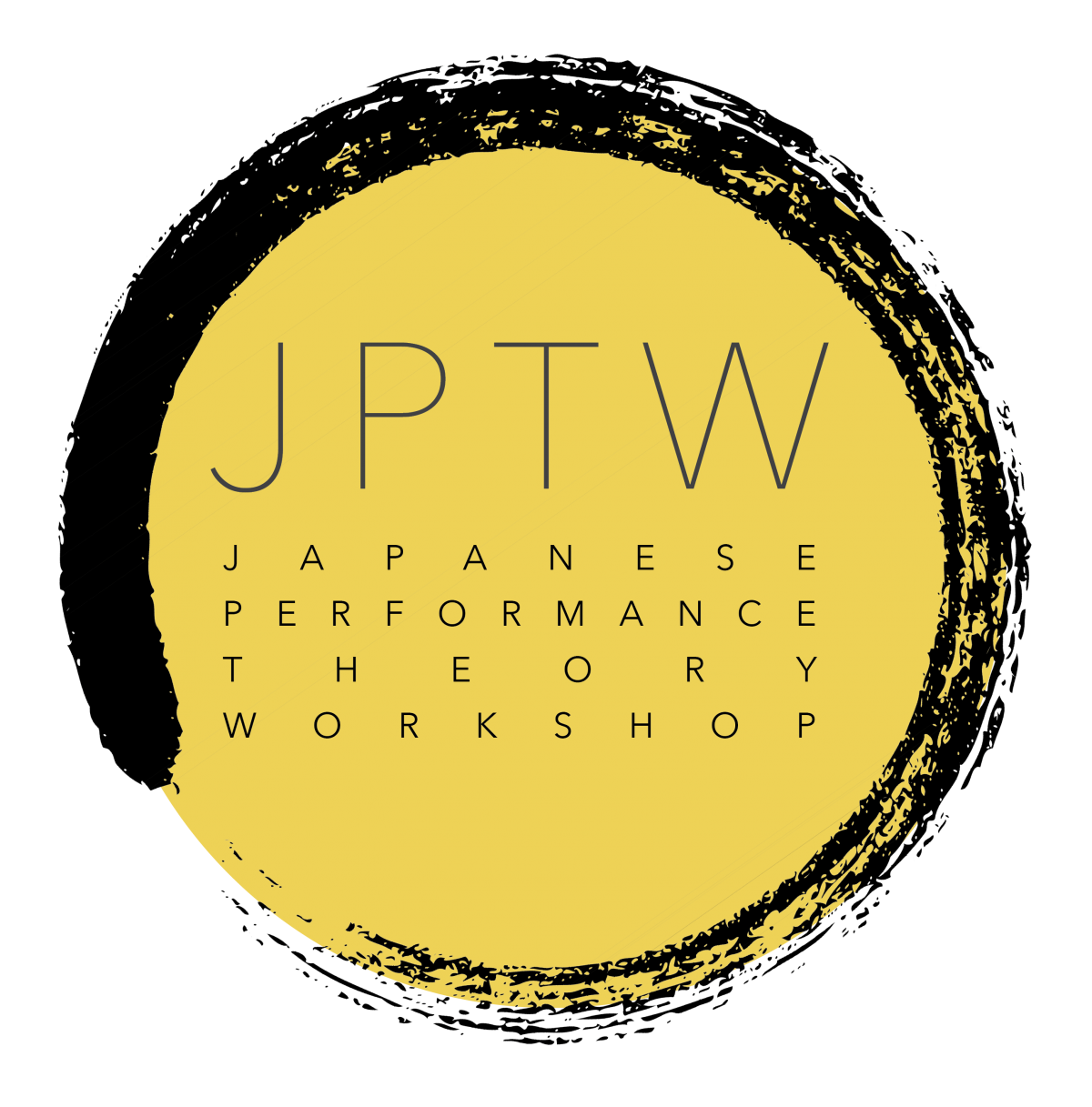The Japanese Performance Theory Workshop (JPTW) intervenes between Japanese Studies and Performance Studies to foster generative critical engagements with Japanese performance. Through seminar-style discussions, performance screenings, research presentations, and writing exercises, this intensive week-long summer workshop helps participants working on Japanese performance at the undergraduate, graduate, and faculty levels develop better conceptual, methodological, and pedagogical tools.
At a basic level, the JPTW represents an experiment designed to address a few overlapping gaps. The initial idea for this residential workshop emerged several years ago, mainly out of frustration with a prevailing conservatism in the study of Noh drama within the Japanese academy especially. The theoretical and methodological worldliness that often characterized literary study of premodern and modern narratives did not obtain for some sectors of the academy devoted to “traditional Japanese theater.” It felt like there was a wealth of fascinating material being underserved by painstakingly informative but unduly positivistic approaches. What if there were a way to energize that material along different lines?
There also seemed to be a gap between conceptually vibrant performance studies scholarship that dealt mainly with modern and contemporary western forms, on the one hand, and historically astute but conceptually dilute work on traditional Japanese performing arts, on the other. Performance Studies programs tend to neglect East Asian performance traditions, while studies of East Asian performance—of the premodern era, in particular—tend to lack theoretical rigor. While there exist intensive summer opportunities for students of various academic and artistic backgrounds to study Japanese performance traditions, both in the U.S. (e.g. the Noh Training Project) and in Japan (e.g. the Traditional Theater Training Program), there are no comparable opportunities for university students and faculty to study Japanese performance with an emphasis on strengthening conceptual approaches to it and analytical writing about it. Given these circumstances, the basic aim of the JPTW will be to provide a venue in which to study Japanese performance practices and critical theoretical approaches to Japanese performance in relation to one another within the context of an intensive summer workshop.
JPTW is a residential summer workshop that focuses on improving engagements with Japanese performance and performance theory. The program will host advanced undergraduates, graduate students, and faculty (five each), working across fields such as performance studies, Japanese literary and cultural studies, ethnomusicology, visual arts, dance studies, and creative writing.
To the extent that a rigorous engagement with Japanese performance need not require Japanese language skills or a performance background, neither of these is required for admission to the program. Indeed, this background can often inhibit more adventurous interpretations. Along these lines, the JPTW will maintain a critical stance toward prevailing notions of expertise and will explore forms of producing knowledge that do not adhere strictly to either an Area Studies model or a practice-based model.
For more information on the 2017 workshop visit:
https://www.ii.umich.edu/cjs/news-events/events/conferences-and-symposia/japanese-performance-theory-workshop.html
A Note of Thanks
I gratefully acknowledge the generous funding support of the University of Michigan College of Literature, Science, and the Arts; the Center for Japanese Studies at the University of Michigan; and, in particular, the logistical support of CJS Outreach Coordinator Bradly Hammond, without whose herculean efforts the JPTW would have been impossible. Thanks also goes to Kim Larrow for additional administrative support; the University of Michigan Institute for the Humanities for allowing use of their seminar room; Irene Ng for her work in developing the original JPTW poster and logo designs, and David Merchant and Rachel Wologo for IT assistance.
-Reginald Jackson
JPTW Coordinator / Asst. Professor of Japanese Literature and Performance
Department of Asian Languages and Cultures
University of Michigan

